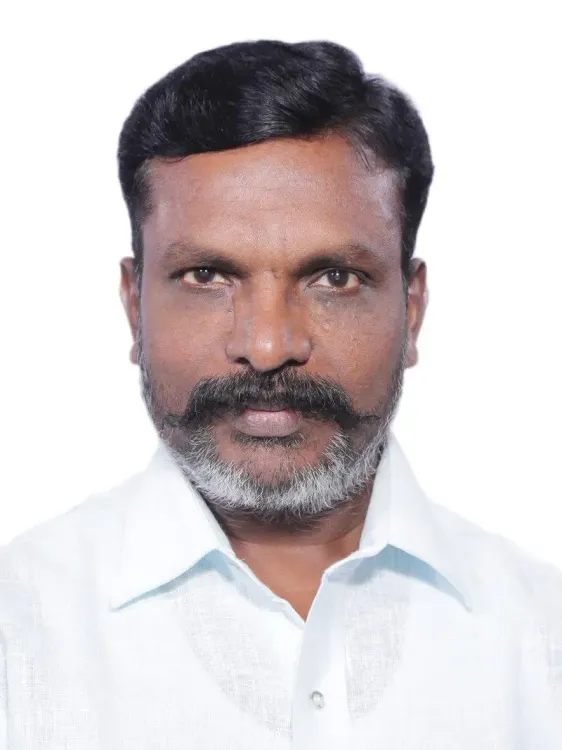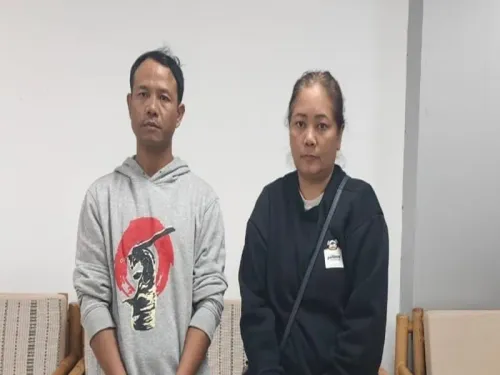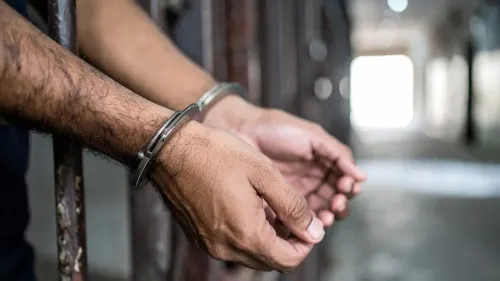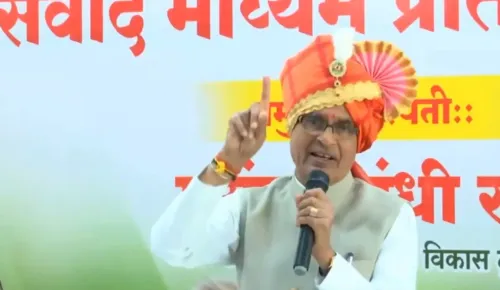Why Did VCK Leader Thirumavalavan Criticize the SC Verdict on Sri Lankan Tamil Refugee?

Synopsis
Key Takeaways
- Supreme Court denies asylum to Sri Lankan Tamil refugee.
- Thirumavalavan's strong reaction highlights humanitarian concerns.
- The ruling raises questions about India's commitment to shelter the persecuted.
- Subaskaran's legal journey reflects the complexities of deportation laws.
- Call for a more empathetic approach towards Tamil refugees.
Chennai, May 21 (NationPress) The President of Viduthalai Chiruthaigal Katchi (VCK), Thol. Thirumavalavan, expressed his profound disappointment on Tuesday regarding the Supreme Court's ruling that denied asylum to a Sri Lankan Tamil individual in India.
He characterized the verdict as a breach of humanitarian principles and an affront to human dignity.
The Supreme Court, in its decision, dismissed a petition made on behalf of Subaskaran, a Sri Lankan Tamil who was apprehended in 2015 due to accusations of attempting to revive the banned Liberty Tigers of Tamil Eelam (LTTE).
Subaskaran was initially convicted and sentenced to ten years in prison.
However, following an appeal in 2022, his sentence was lessened to seven years.
The High Court, while modifying the sentence, mandated his immediate deportation post-incarceration.
Recently, Subaskaran's legal team argued for his right to remain in India after completing his sentence, emphasizing that his family resides in the country.
Yet, the Supreme Court rejected the appeal, asserting that India cannot serve as a refuge for global asylum seekers and recommended that he seek asylum elsewhere.
In a passionate response to the ruling, Thirumavalavan remarked that the court's language and decision were both outrageous and inconsistent with India’s enduring tradition of offering sanctuary to the persecuted.
“The Supreme Court’s position seems to ignore the fundamental principles of humanitarianism and the nation’s moral duty to protect those escaping oppression,” he stated.
He further questioned the fairness of denying asylum to an individual who has completed his sentence and has family ties in India.
“Isn’t it the duty of a civilized nation to provide refuge on humanitarian grounds?” he queried.
The VCK leader urged the Union Government to implement a more empathetic policy towards Tamil refugees from Sri Lanka, many of whom fled during the civil conflict and now face uncertain futures in India.









